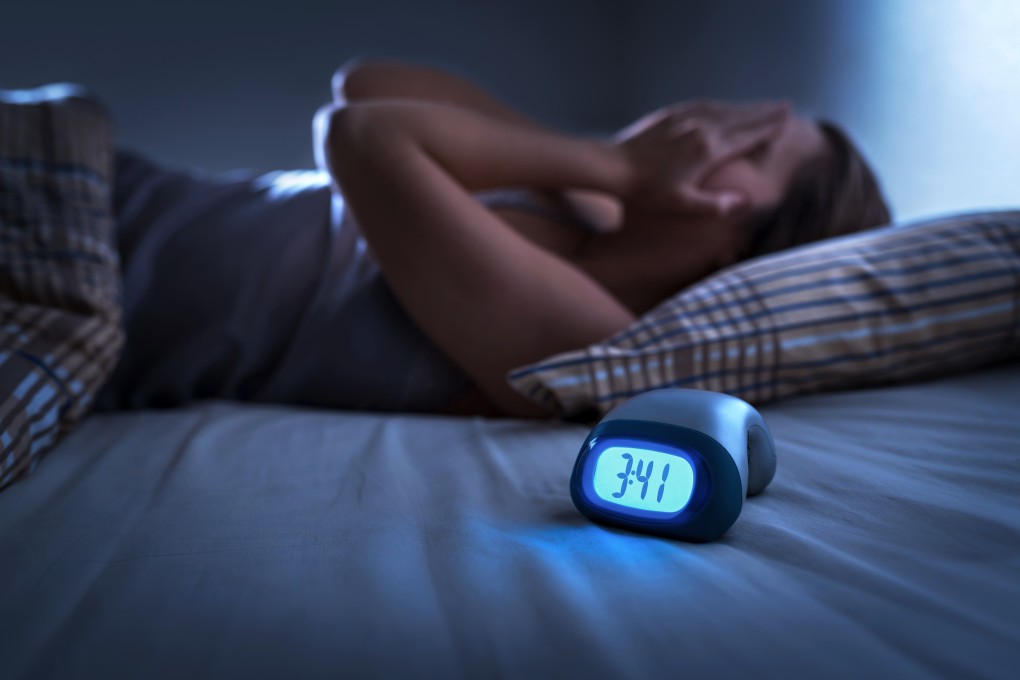What is insomnia? What causes it, how to prevent, and how to deal when you can't fall asleep
We've all had the odd sleepless night, but what if that happens every time you go to bed? We take a closer look at this sleep disorder

It’s midnight, meaning it’s the start of a new day – and then 1am, and 2am and 3am. But you’re one of the few people that notices; while most people are fast asleep, you’re still fighting with eyelids that refuse to stay closed and a mind that refuses to quieten. You ask yourself: is this normal?
If this kind of thing happens frequently, you are likely an insomniac – someone who struggles to fall asleep. Although many young adults probably suffer from a lack of sleep, how do you know whether you’re actually suffering from insomnia?
With studies showing that around one in every three people suffers from insomnia around the world, we spoke to a professional to find out more about this misunderstood disorder.
So, what is insomnia?
Dr Joyce Lam, the vice-president of the Hong Kong Society of Sleep, says insomnia can be divided into three main categories – difficulty in maintaining sleep (DIMS); difficulty in initiating sleep (DIS); and early morning awakening.
“Most patients are diagnosed with the first two types, while the latter one affects mostly elderly people and people with depression,” Lam says. “If the situation happens three or more days a week, and lasts for three months, then it’s very likely you’re suffering from an insomnia disorder.”
Effects
Lam says the effects of insomnia vary between short term and more chronic cases.